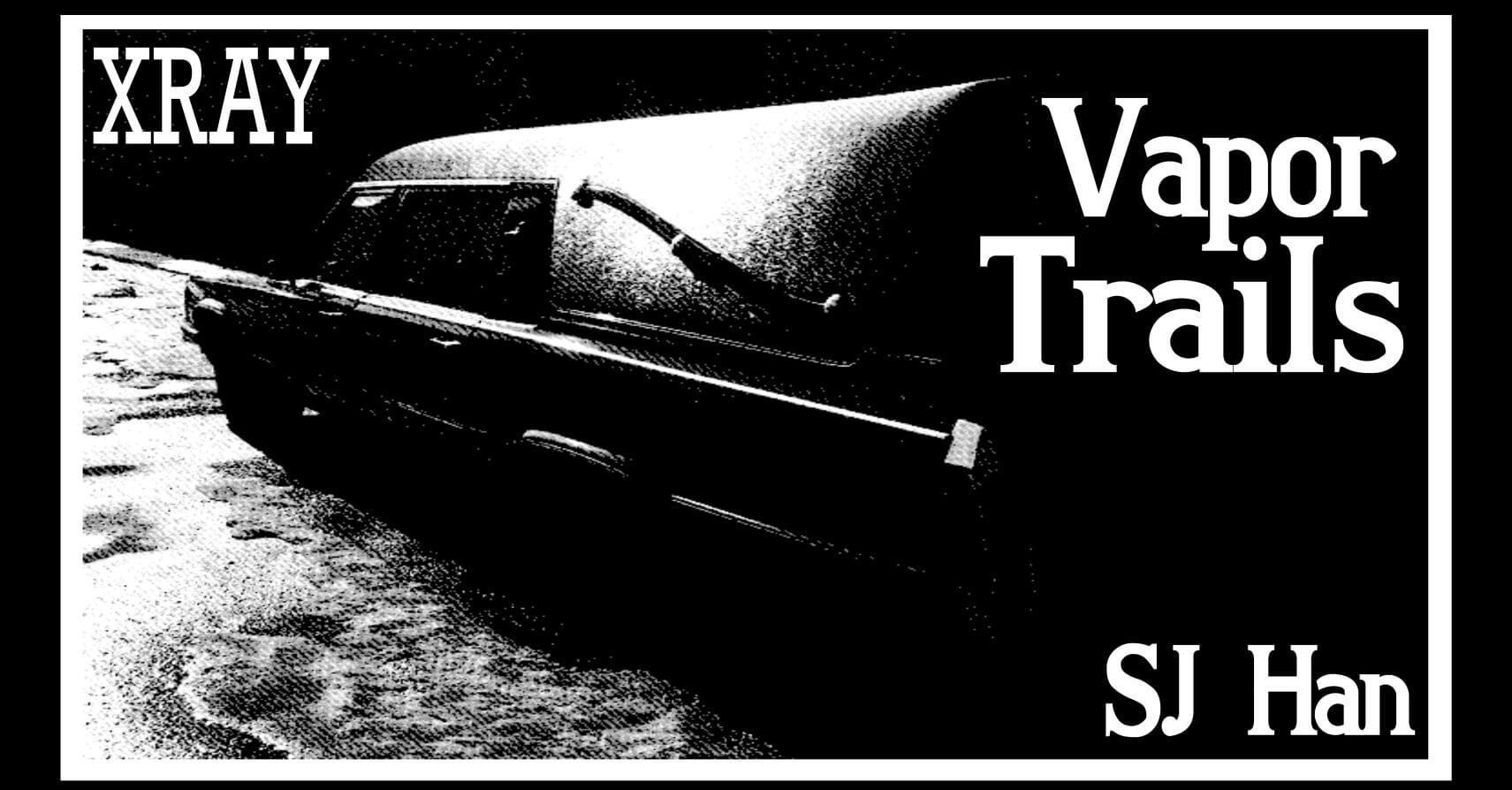
VAPOR TRAILS by SJ Han
Every hour or so, we fell silent to watch metal beasts bellow and tumble into the night sky, forgetting about the bug bites we collected on our ankles.

Every hour or so, we fell silent to watch metal beasts bellow and tumble into the night sky, forgetting about the bug bites we collected on our ankles.
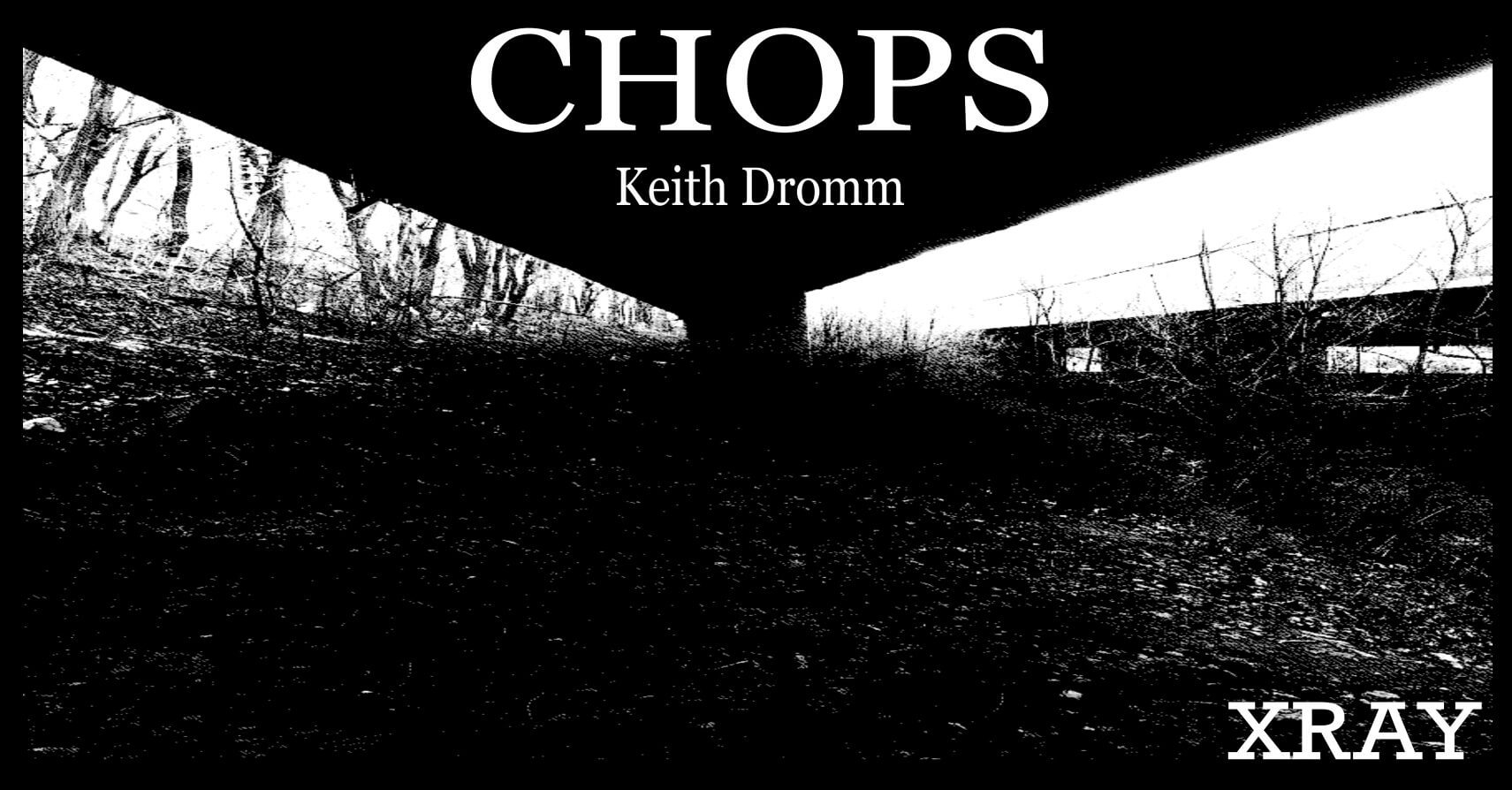
He would sometimes repeat it under his breath. Chops, have to have chops, have to have chops.
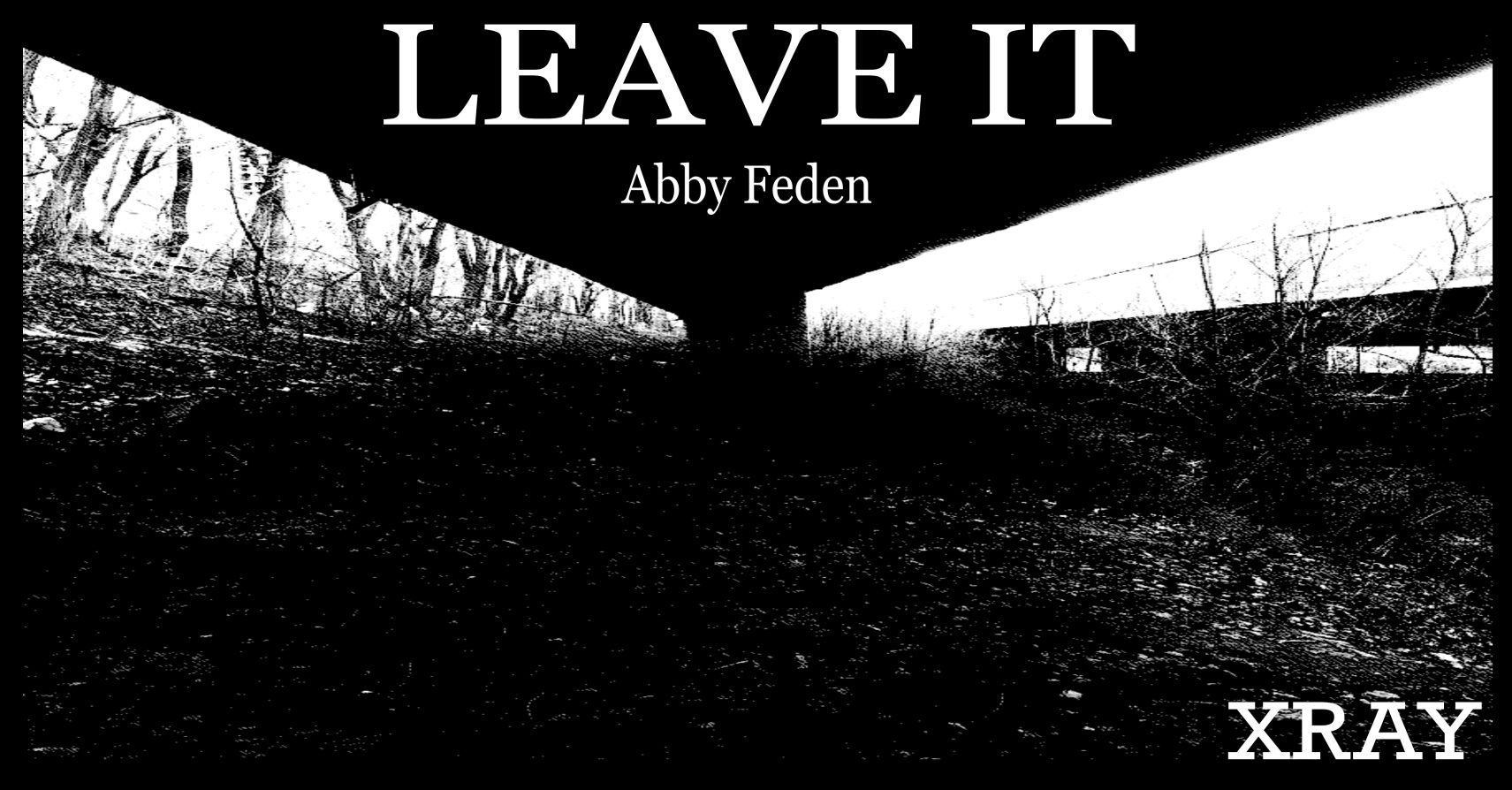
I liked existing in peripheries. I imagined myself stuck deeply in mud and drowned and decaying but still there, still part of the river.

Mom counted five full-length films of him sensually posing in Late American Empire formal wear in different promote-me positions.
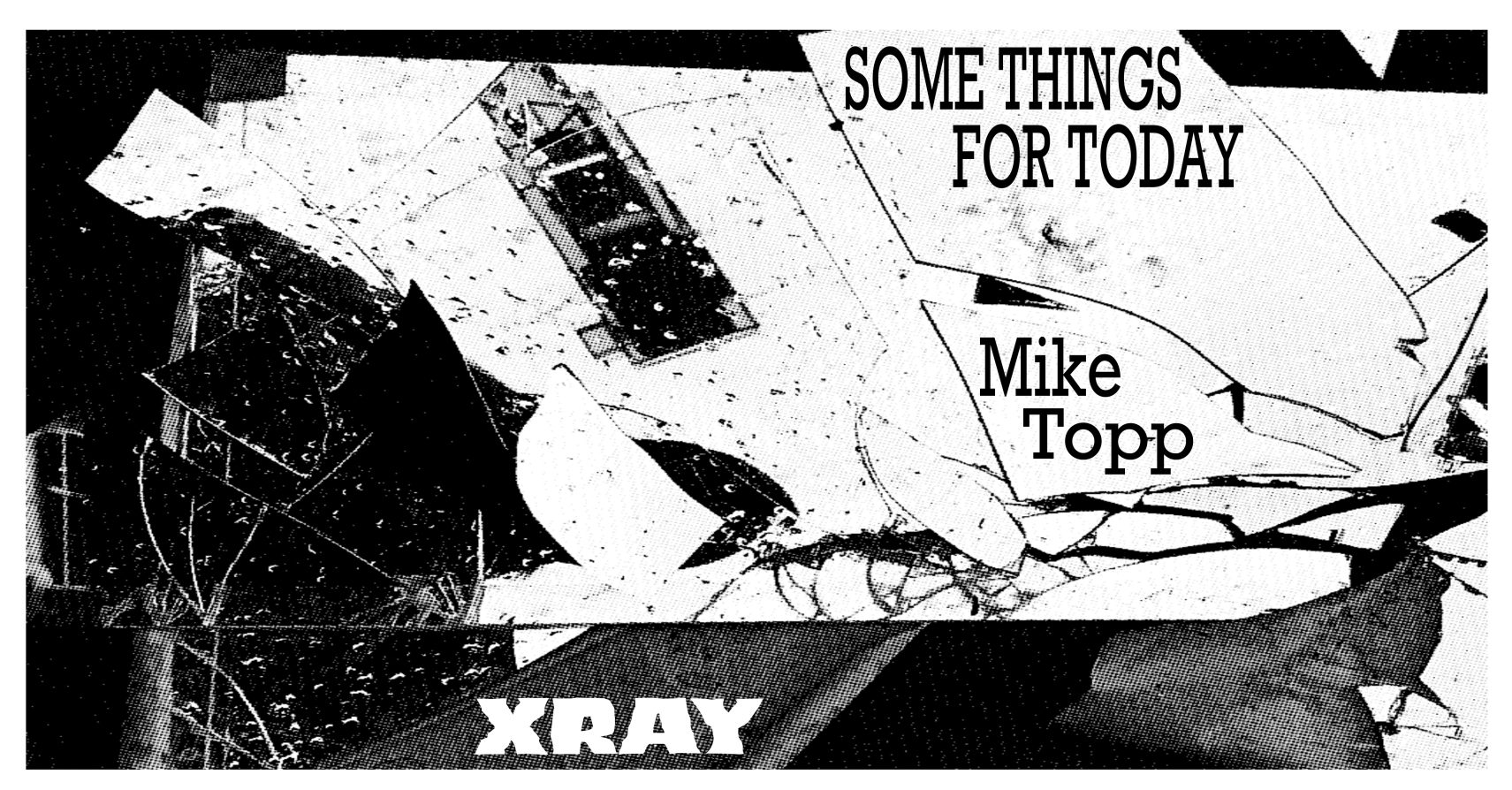
The next morning police were baffled. But then again police tend to be pretty clueless in general.
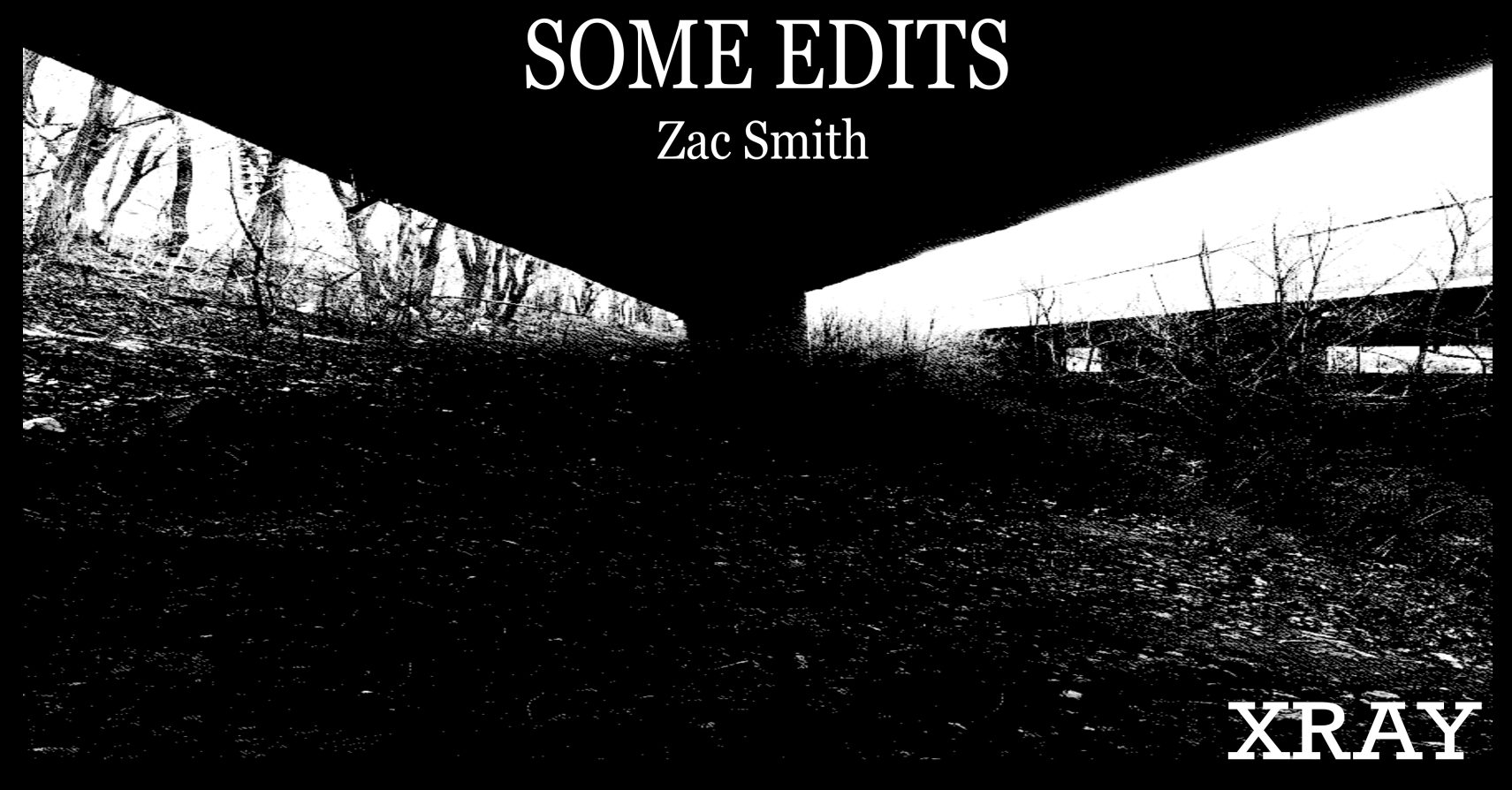
The train didn’t derail, though, when this happened. Would’ve been cool if it did, maybe. Anyway
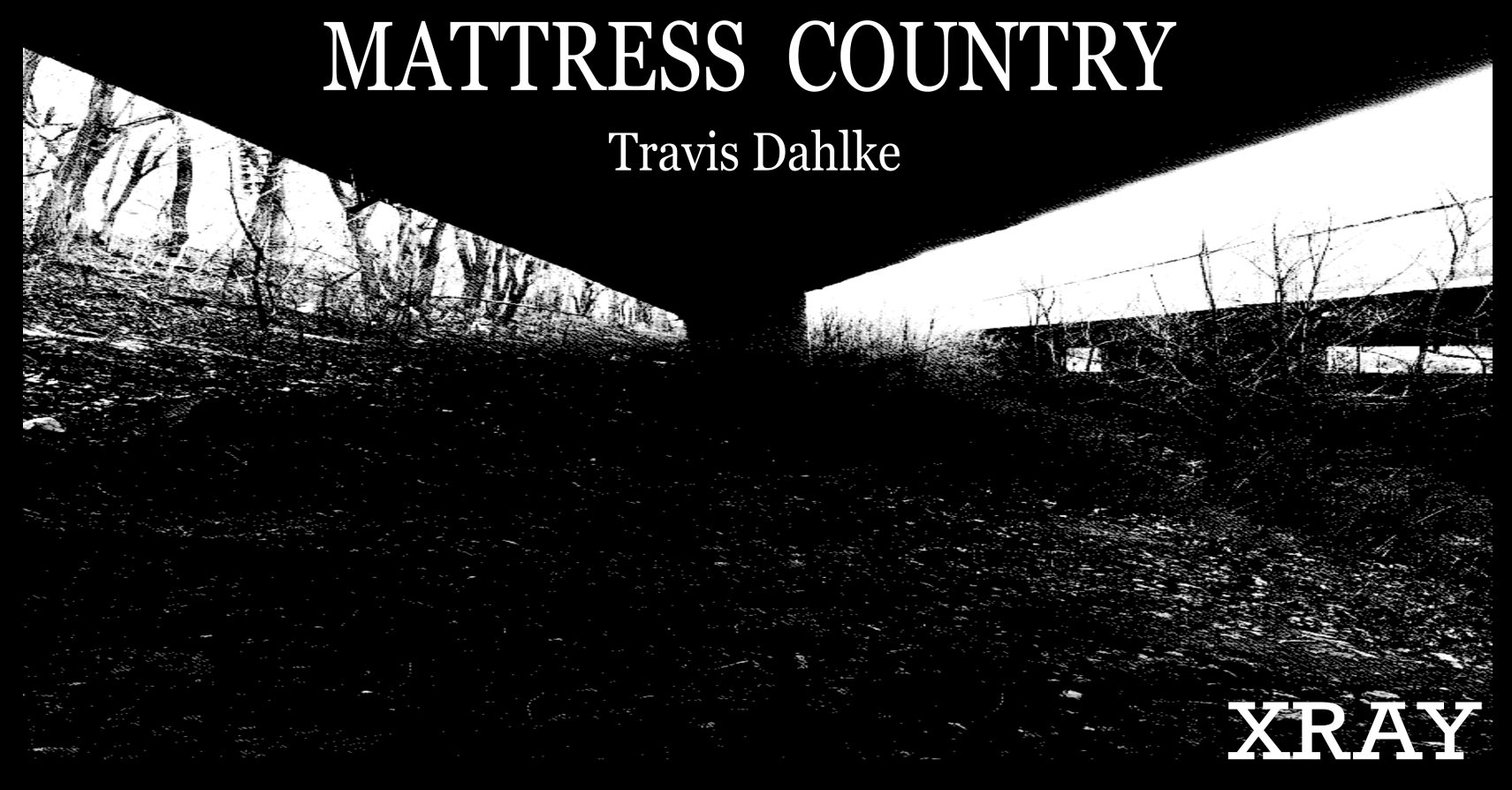
A newspaper reporter is writing an article about the head on the stick. How it mysteriously appeared one day.
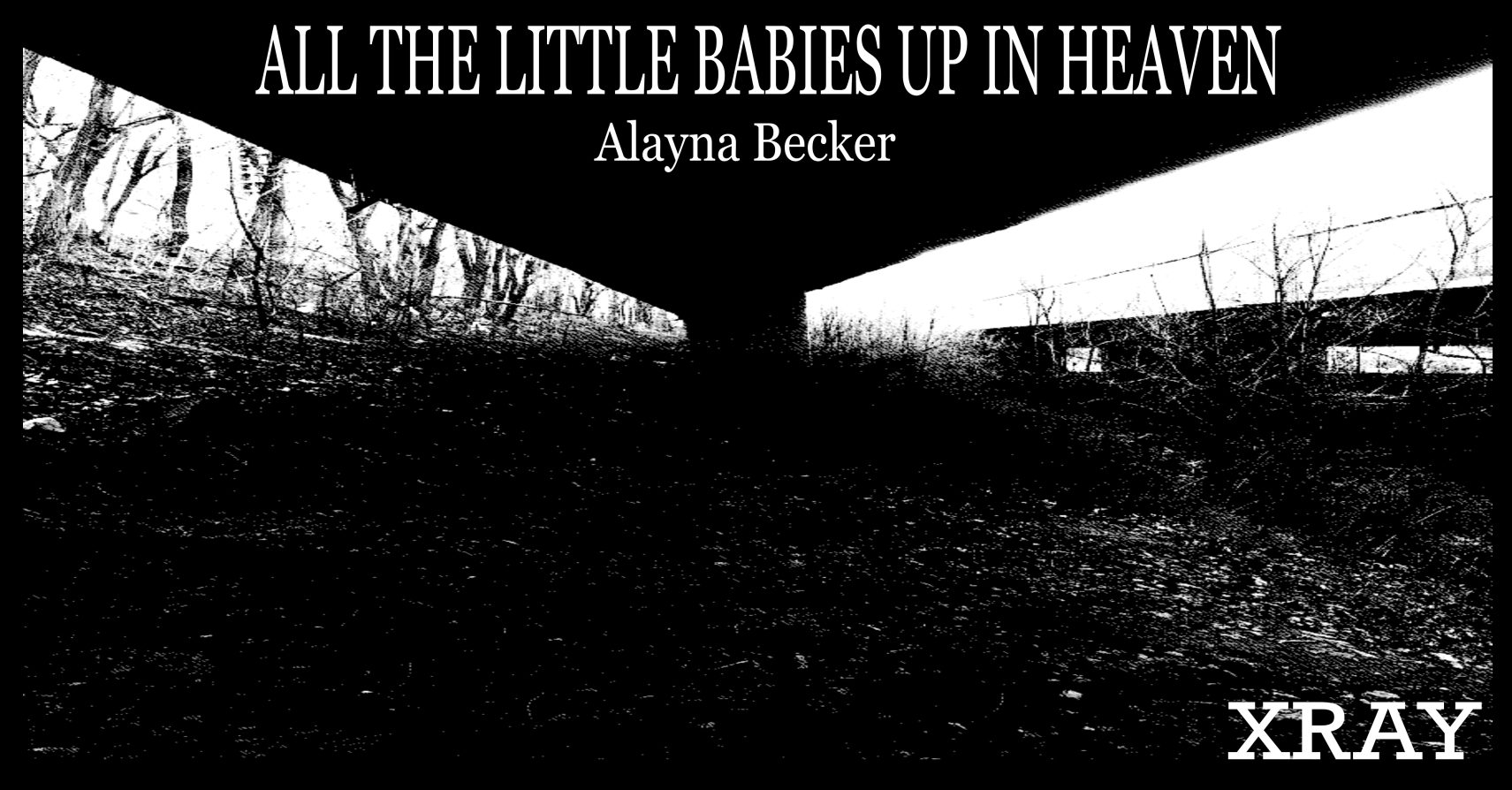
The baby gurgled and mawed. After getting passed to the last teller, he screamed a pitch so high I covered my ears.
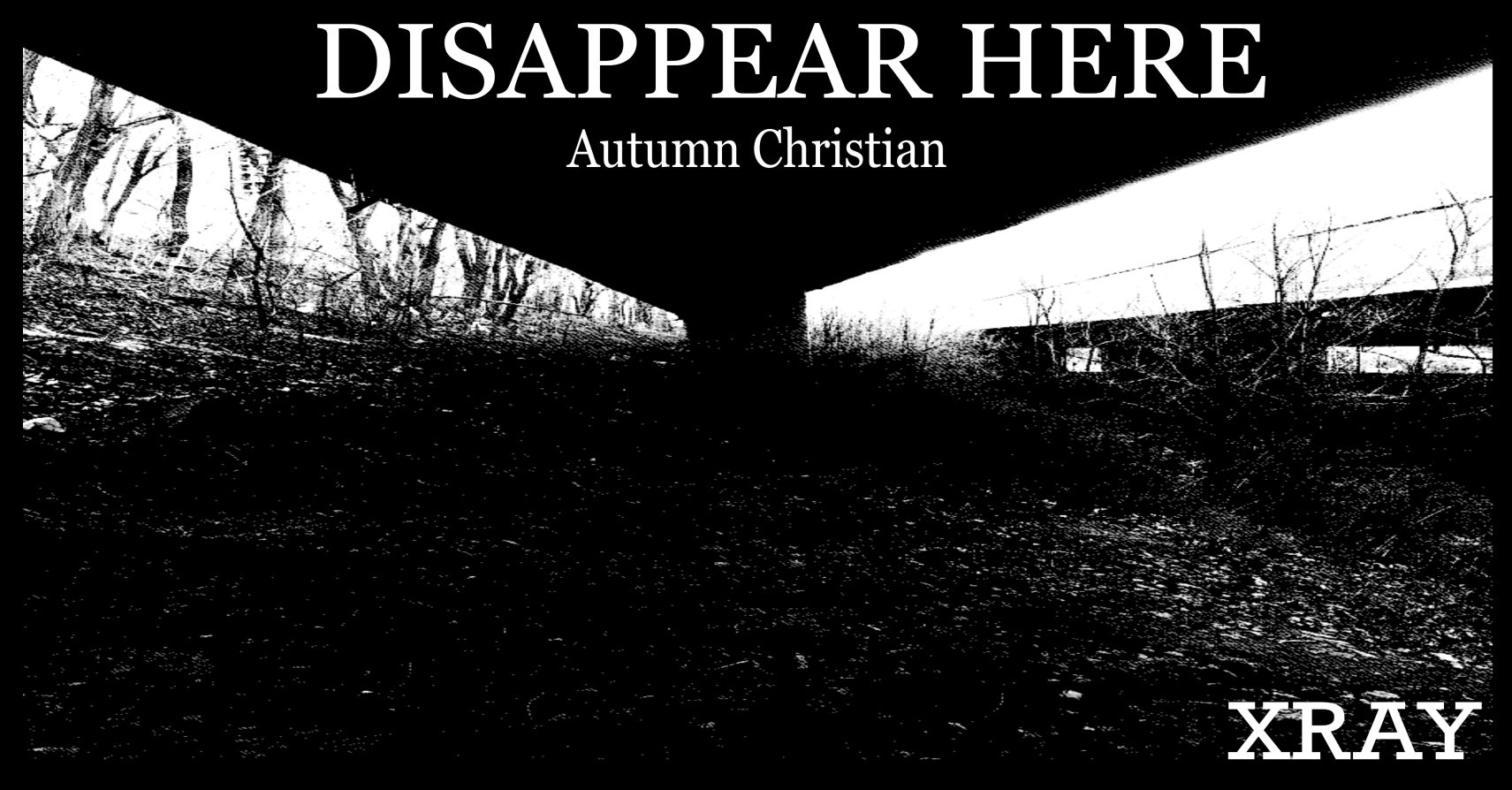
I wanted a girl I could take my sunglasses off for. I wanted a girl that wanted to hold my reflection in the center of her eyes.
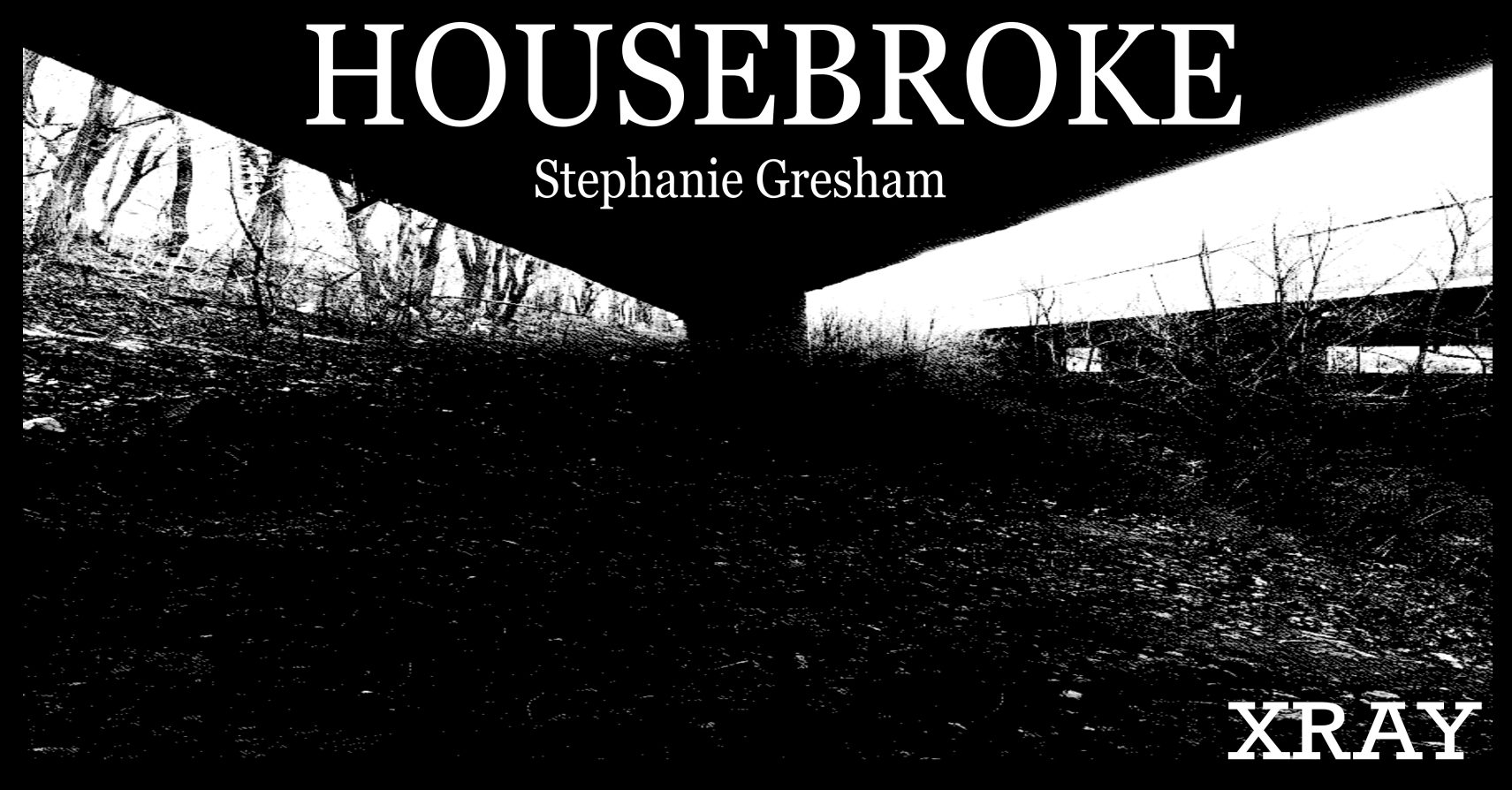
It happens more than a person might think, animals in the house. Squirrels nest in a closet, a rat snake curls up in the tub.